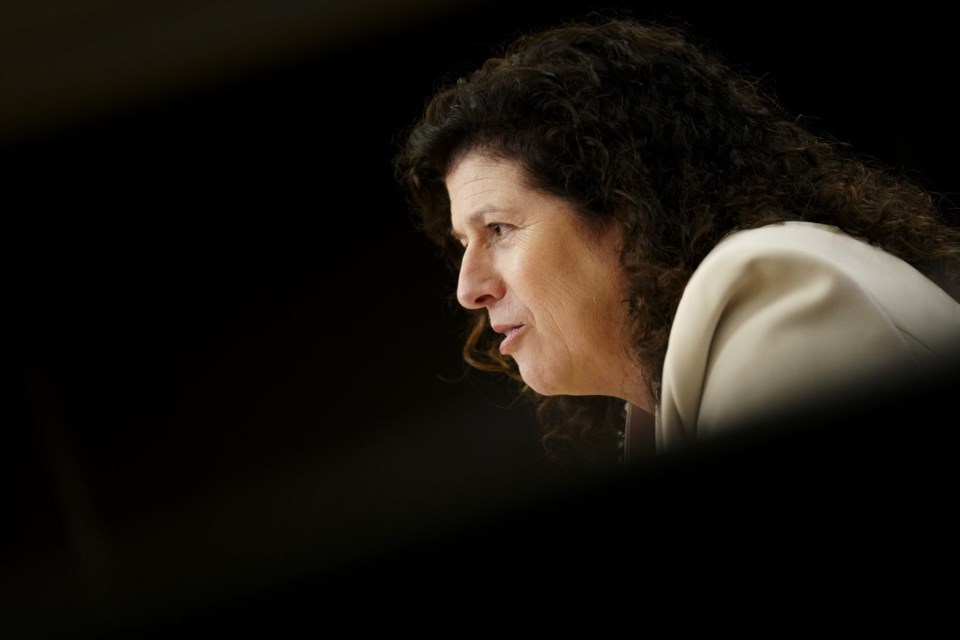OTTAWA — Canada’s auditor general says Indigenous Services Canada has failed to process applications for registration under the Indian Act within the required six-month timeline — leaving many First Nations people unable to access on-reserve housing, financial aid for post-secondary education and health benefits.
In an audit released Tuesday, Karen Hogan found that more than eight in 10 applications processed by the department exceeded the six-month service standard. Some of those were priority applications for older people or those with health issues.
Examining a sample of 140,000 applications submitted between April 2019 and March 2024, Hogan concluded it took the department nearly 16 months on average to make a decision on an individual application, and nearly three years to process appeals.
Hogan also found a backlog of nearly 12,000 applications, including 1,500 that were more than two years old.
“It is important that Indigenous Services Canada makes proper and timely decisions to grant or deny applicants Indian status so that the registration program supports applicants’ rights,” Hogan’s report said.
The Indian Act is a controversial piece of legislation enacted in 1876 that determines who is eligible for First Nations status. It does not cover Métis or Inuit status.
Ottawa and First Nations have worked to eliminate some of the sex-based discrimination in the Act over the years — including a rule that prevents some First Nations women from passing on their status to their children after they marry a non-status man.
“The registration process can be complex and often confusing for people wishing to apply for registration, update their information, or have their First Nations ancestry recognized,” the report said.
“Therefore, it is crucial that those who wish to navigate the registration process effectively understand clearly how it works and that everyone is made aware of the changes to the Indian Act that may make them eligible for registration.”
Hogan found Indigenous Services was “unable to demonstrate that most officials making final decisions on applications had the required training and certification” and said the department failed to monitor its regional offices.
The report also said Indigenous Services Canada had no service standard on the length of time it takes to review appeals and was taking more than three years on average to determine their validity.
“We are concerned that individuals are waiting many years to know whether they are entitled to Indian status and eligible for benefits,” the report said.
Hogan recommended Indigenous Services “clearly and publicly identify its service standard” and report annually if it has been met. The department agreed with her recommendation.
While the registration process for First Nations will be transferred eventually to First Nations communities, Horgan found that the budget for processing has been underfunded for three decades.
Hogan found community-based processing centres are funded under a formula that hasn't changed substantially since 1994. They receive $7 for each First Nations member and $15 for each transaction that an administrator completes.
Indigenous Services said the funding model is the equivalent of supporting an administrator for one day per week at $12.80 per hour — below the minimum wage in all provinces and territories.
Hogan said a lack of stable funding means First Nations must submit new budget proposals each year.
Indigenous Services Minister Mandy Gull-Masty said in a media statement she "welcomes" Hogan's report and called it a valuable tool to improve the registration process.
"While the audit highlights areas for improvement, I want to emphasize that important work is already underway in many of the identified areas," Gull-Masty said.
"Indigenous Services Canada is working in partnership with First Nations communities to make sure that registration services are delivered with integrity, respect and a strong focus on client service."
This report by The Canadian Press was first published June 10, 2025.
Alessia Passafiume, The Canadian Press


